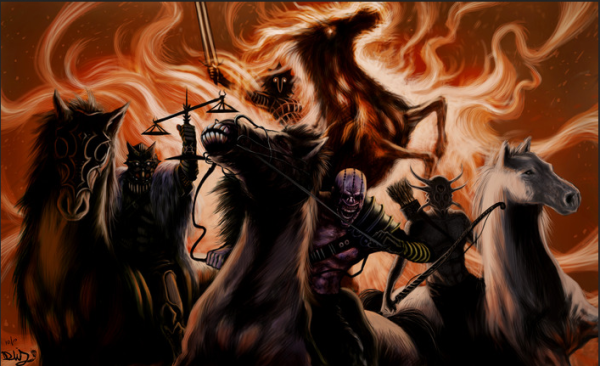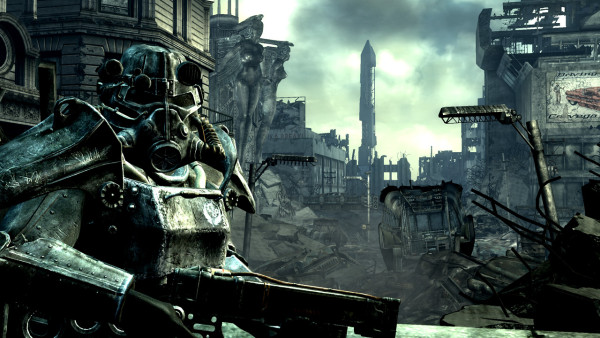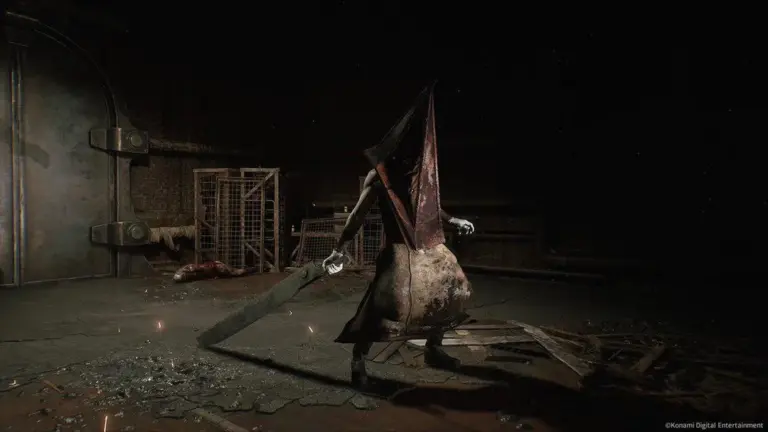
December 21, 2012 has come and gone. Just to be on the safe side, I waited a few extra days before uncovering my eyes, fearing that if I looked it in the face too early, it may just come true.
Ehh, not really. To be perfectly honest, I believed the world would end about as much as I believe in the Tooth Fairy. It seemed like most of my friends did as well. As a matter of fact, I couldn’t find a single person who didn’t at least poke fun of the whole notion, let alone actually believe that we would never see 2013. Fire raining down from the sky, the ground splitting open and swallowing cities whole, aliens beaming us up to their ships, the dead rising to feast on the living, all great stories for movies, video games and books, as the Apocalypse is perfect fare for a scary story. A story that we as a society just can’t seem to get enough of.

But why? Theoretically, the end of the world should frighten us into keeping it hush hush. But some people, some people just can’t get enough. For some, the end of days is not just empty talk, but a very real life possibility. An Ipsos poll from earlier this year found that nearly one out of every seven people believe that the world will end in our lifetime, with as many of them experiencing anxiety over our impending doom. Now that figure is only the people actually polled. Even just an informal survey will tell you that there are a lot of people who feel that we will live to see the end of days…and then die.
University of Minnesota neuroscientist Shmuel Lissek believes that the concept of the apocalypse evokes an innate response in most mammals that, at its very basic level, equates to believers saying “I told you so.” Sometimes, nothing feels better than shaming someone by telling them that you were right all along, even when they thought you were an idiot. Organisms with a ‘better safe than sorry’ mechanism survive, probably to brag to the other, presumably dead organisms and pound their chest with no one around to observe. This is how we have survived for so many years – being so cautious. Cave dwellers probably didn’t assume the noise outside the cave was just the wind.

According to Lissek, there may also be a comfort in being able to attribute your demise not due to something you did (or didn’t do, like exercise and maintain a healthy lifestyle), but to a greater cause, such as nuclear holocaust or an asteroid strike, or a zombie outbreak. I’d certainly much rather like to believe that zombies were going to eat me over dying of heart-failure some day…although it would probably happen on the same day, were it going to happen.
At the University of Kent, Karen Douglas works with conspiracy theorists. She states that conspiracy theorists hold some of the same qualities and personality traits as end-of-the-world prophets, or more importantly, just people who believe that the end of days is sooner, rather than later. One of those traits being trust, or mistrust, rather. A mistrust of others, a mistrust of the government, that the government knows something, that the world is indeed going to end, but is hiding it from the rest of the world to prevent a massive panic.
Think about it – do you believe that the government has a zombie contingency plan? Wouldn’t that mean that the government would know that a zombie outbreak could happen? Enough to warrant a congingency plan.
However, when it comes right down to it, it’s not necessarily the Apocalypse itself that has us so endeared. It’s what happens after that we find ourself thinking more and more about. Steven Shlozman (teacher, author of The Zombie Autopsies and psychiatrist) points out that we have certainly romanticized the post-apocalyptic world. As gamers, we can probably attribute many of our unrealistic expectations of the apocalypse on those.

I admit that I’m just as guilty as anyone else for that. Regardless of how the world ends, I’ve spoken to many people who have the idea that not only will they survive, but flourish. Which seems odd, considering that if someone were intent on destroying the world, why would they leave bands of survivors? I mean, you don’t start writing again until you’re sure that the line you wrote before is completely erased, no?
Not to mention the fact that even if you somehow manage to survive, consider the fact that everyone around you will have died. Everyone that you ever loved or cared about would either be gone, or have turned against you. The end of the world makes people do some messed up shit (also as judged by video games and movies).
Even all of these logical sentiments have no place in our unrequited love for the Apocalypse. And although I don’t commonly refer to Cracked for my scientific research, Robert Brockway has quite an excellent explanation, on the whole matter, one in which I’m inclined to agree with.
When it comes down to it, the reason there were so many alien stories in the early 20th century, the reason there are so many zombie movies right now and the reason there will be so many nanobot movies or whatever in the future all comes down to simple playground logic: The apocalypse is just a game of King of the Hill with no other players left alive to retake the mountain.
Additionally, a commentator on the site offers a sentiment that I can openly admit when I was younger, I did.
We’re obsessed with the apocalypse because we all, at our core, think we have what it takes to survive when the rest of humanity goes to hell. It interests us to postulate plans for what may happen, and we like to see what others would do in this, or that situation […] We constantly delude ourselves into believing that we are the very best humanity has to offer and that we alone will survive…
Now? My significant other asked me what I would do if they were trapped in Raccoon City. I looked at him and laughed, a response which he didn’t take too kindly to. “You wouldn’t at least try?” he asked.
Of course I would try. And fail miserably.
The science behind living states that people cannot go long periods of strenuous physical activity (i.e.: running and beating stuff) without food, water and sleep. Those times are significantly reduced for people who do not regularly partake in physical exercise and survival technique training. Bullets do not last forever and the undead, aliens, or even other living people are not quite as spongy as we would like to believe. Strategy is important, but brute strength is just as much so.
So think about that the next time you boast that you’ll outlast all of your friends at a party. Which, as chance would have it, I’m a blast at.




